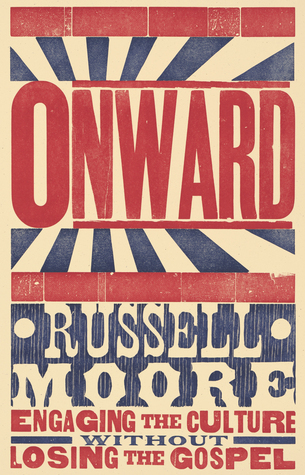What do you think?
Rate this book


224 pages, Hardcover
First published July 10, 2015
This is not a counsel of despair. There is no iron law that bad trends must continue in a straight line forever. Taking back the culture will not be easy, but religion rejects despair. The four cardinal Christian virtues, paralleled in other religions, are, after all, prudence, justice, fortitude, and temperance. These are quite enough to take back the culture. In our current cultural wars, perhaps the most important of the virtues for conservatives is fortitude—the courage to take stands that are not immediately popular, the courage to ignore the opinion polls. Otherwise, we will never change the polls. That is what true conservatism means, or it means nothing.
In an era of moral decline, a reversal probably depends on a revival of biblical religion… Religion, where it has not been subverted by the culture, is an antidote, perhaps the only antidote, to moral nihilism.
Only religion can accomplish for a modern society what tradition, reason, and empirical observation cannot. Christianity and Judaism provide the major premises of moral reasoning by revelation and by the stories in the Bible. There is no need to attempt the impossible task of reasoning your way to first principles. Those principles are accepted as given by God.
By remaining faithful to its original commission, by serving its people with love, especially the poor, the lonely, and the dispossessed, and by not surrendering its doctrinal steadfastness, surely the church serves the culture best.
What does love look like? It has the hands to help others. It has the feet to hasten to the poor and needy. It has eyes to see misery and want. It has the ears to hear the sighs and sorrows of men. That is what love looks like.